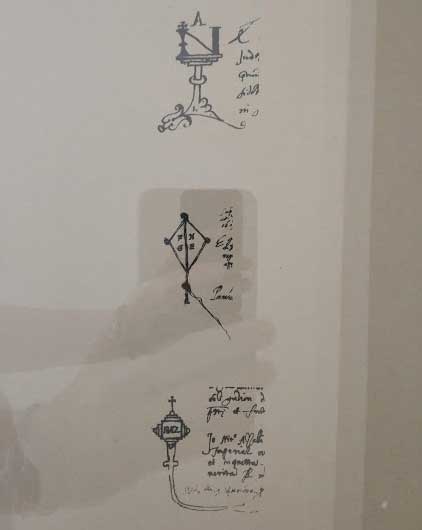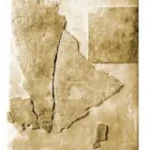If you ever find yourself lucky enough to need a notary public in Korčula, there are only two, one in Korčula and one in Blato, and a visit to one of them will give you an amazing insight into the history of the profession on the island.
While it is, admittedly, not something most people would usually find fascinating, seeing the document displayed on the wall of Ivna Kaliman’s Korčulan office really does paint a picture of a long, turbulent and amazing history of the island.
The first mention of the notary public in Korčula in the old archives kept by the Dubrovnik municipality was as early as 1338! That was even before the Venetians took control of the island, in 1409, and the notary public service on the island was so well organized that even the control-freaking Venetians kept the organisation as they found it, including the statute of the municipality Korčula. That statute meant that the Venetians didn’t have much of an influence on the selection of new notary public in Korčula, although in 1613 the law was put forth saying that the notary public is a public servant of the Venetian Republic, and that he holds a title “veneta auctoritate” (venetian authority).

Some partially saved documents show that the Office of Notary Public in Korčula was active until 1797, when Venetian Republic fell apart, and during those centuries of almost independent service, several well-known families in Korčula kept their notary offices – inheriting the office from one generation to the other for many generations. Some of those families are Lettis, Azzali, Donadini, Rozanović, Mirošević, Španić, Arneri – you will recognize that some of those are Italian last names.
During those years there were several locations where those offices were situated, near the municipal chamber, near the Cathedral, some of them had offices in Smokvica (!), Blato is also mentioned often in the history of notary public in Korčula.
During the later history of Korčula, and the periods when French and the Austrians ruled Korčula, the offices of notary public were also part of their governments, and shared the fate with other dalmatian colleagues. Some of the same names already mentioned are listed in the documents in the 19th century, but some of the names that are currently still often seen or heard in Korčula are also becoming notaries: Vilović, Depolo etc.









